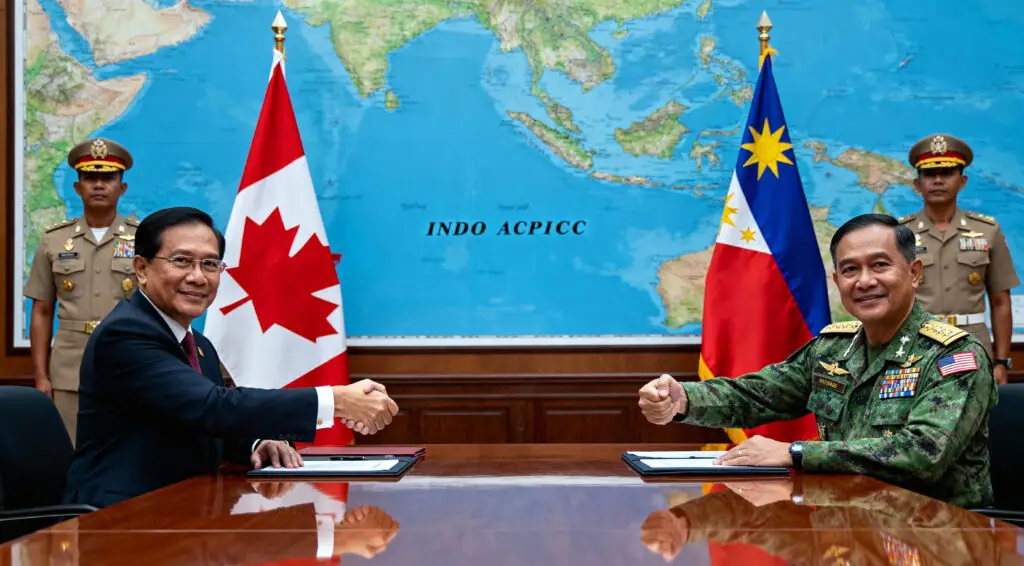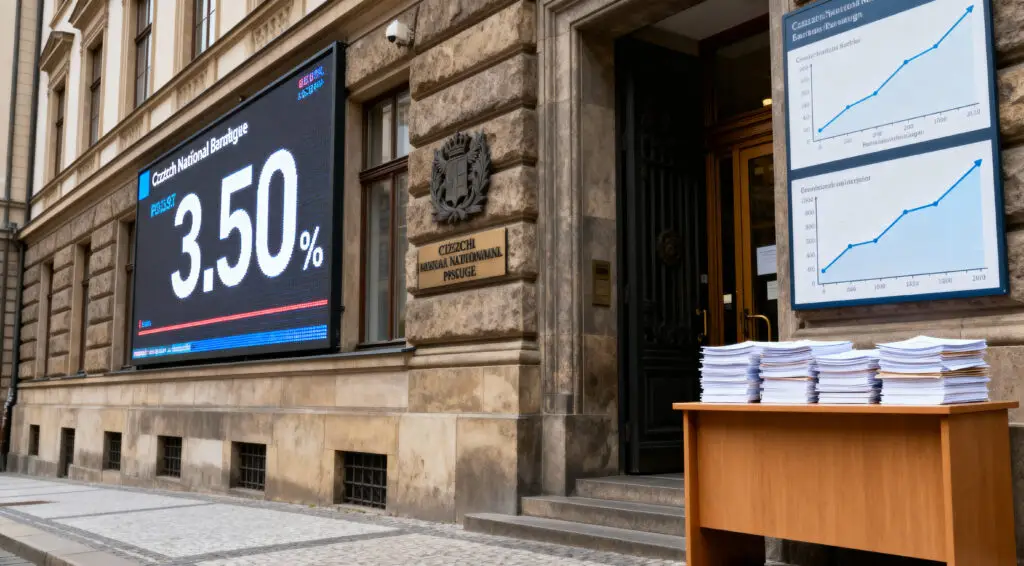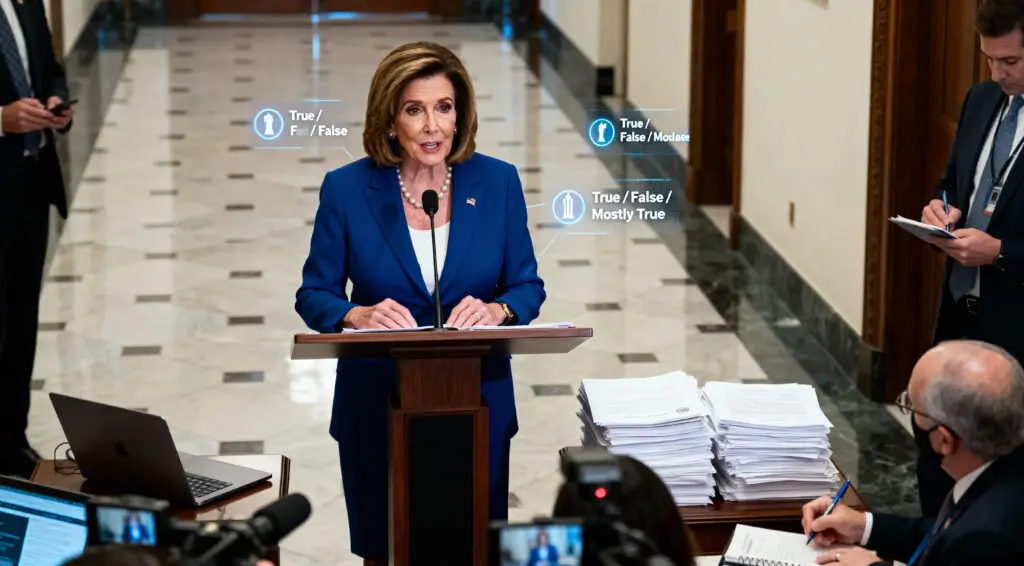Canada and the Philippines Sign New Defense Cooperation Pact
Canada has inked a historic deal with the Philippines to work together on defense, which strengthens its strategic position in the Indo-Pacific. The agreement lets the military forces of both countries work together and train in each other’s territory.
David McGuinty, the Minister of Defense, confirmed the deal on Sunday, the last day of his trip to Manila. The pact expands on a previous memorandum that included military education, training, and programs to improve skills.

Source: Ottawa Citizen
Strengthening Military and Strategic Partnerships in Asia
McGuinty said that the agreement shows how serious Canada is about making the area safer and more prosperous by working together on defense. He stressed how important the Philippines is as a democratic ally that supports the rule of law in all of Southeast Asia.
The relationship comes at a time when the Indo-Pacific is getting more attention from the rest of the world. Maritime tensions and rivalry between big powers have changed regional alliances. McGuinty said that the Philippines is one of Canada’s most important allies in keeping things stable.
Broader Strategy to Balance China’s Regional Influence
Experts say that Canada’s involvement is part of a larger effort to offset China’s increasing might in the Indo-Pacific. Both Ottawa and Manila have spoken out against Beijing’s use of force in the South China Sea.
Even though an international arbitration verdict in 2016 said China’s broad claims were unconstitutional, Beijing still claims authority over the disputed waterways. Canada’s bigger presence is meant to protect marine navigation channels and support the rule of law.
Recommended Article: Rob Jetten Poised to Become Netherlands’ Youngest Gay PM
Economic and Security Goals Now Deeply Interconnected
Fen Hampson, a professor at Carleton University, noted that Canada’s Indo-Pacific strategy understands that security and economic goals are linked. He said that trade, investment, and defense alliances are now the two main foundations of regional diplomacy.
At the same time, Prime Minister Mark Carney’s administration has started discussions over free trade with the Philippines. Ottawa believes that both economic growth and security cooperation are necessary for peace and prosperity in Asia. This is why they have a dual-track policy.
New Era of Canadian Engagement Across the Indo-Pacific
Earlier this week, Carney also inked a defense and security pact with South Korea, which shows that Ottawa is working more to reach out to other countries in the area. Canada’s recent moves show that it is more involved in the Indo-Pacific than it has been in more than ten years.
Hampson noted that these actions prove that the administration understands the “new realities of regional power competition.” He stressed that Canada wants to build long-lasting alliances based on shared values and trust.
Carney and Xi Jinping Meet for Important Diplomatic Talks
Prime Minister Carney met with Chinese President Xi Jinping on the margins of the APEC conference in South Korea on Friday. This was the first official meeting between the presidents of the two countries since 2017.
Both presidents said that the conversations were a turning point in their relationship. Carney said that Canada would continue to work with China on things that are important to both countries but would also strongly protect Canadian principles and sovereignty.
Ottawa Gets Ready for Big Budget and Defense Growth
McGuinty said that Canada’s next budget will greatly raise spending on defense and infrastructure. The budgetary strategy will make it possible to satisfy NATO’s promise to enhance defense spending to 5% of GDP.
Hampson said that the new deal with the Philippines is a good move, but its long-term effects would depend on Canada’s capacity to make its military stronger. To have a lasting effect, there has to be ongoing investment and collaboration in the region.
Strengthened Alliance Marks Turning Point for Regional Security
The new agreement is more than just a milestone for both countries; it shows how Canada’s view of the Indo-Pacific is changing to include mutual respect, sharing of capabilities, and collective security. It also makes it easier for Manila to deal with threats at sea.
Canada is becoming a more trustworthy participant as it builds more alliances with regional democracies as the balance of power in the world changes. The deal with the Philippines shows that Ottawa is serious about keeping the Indo-Pacific open and stable for a long time.























